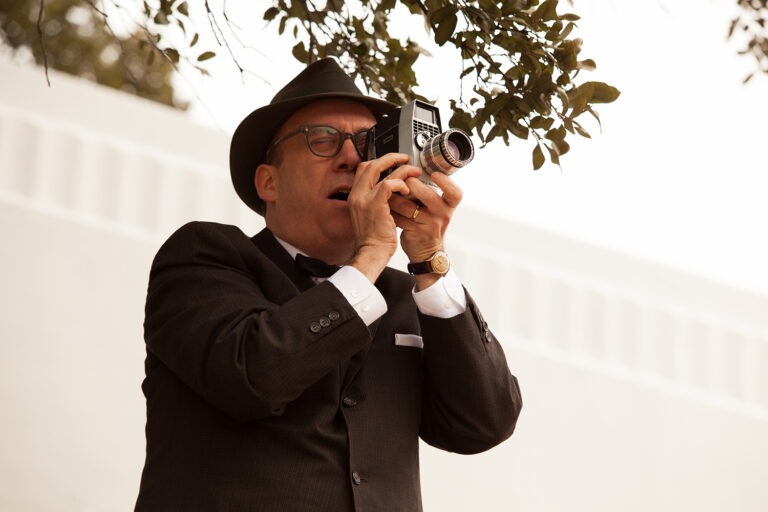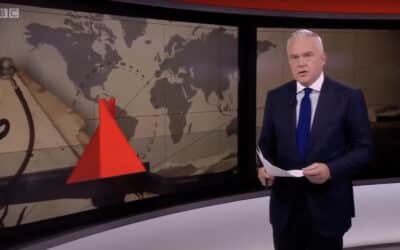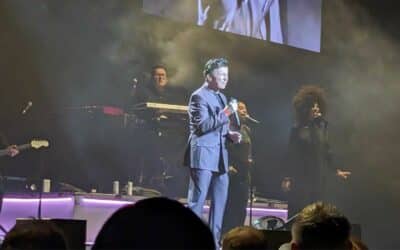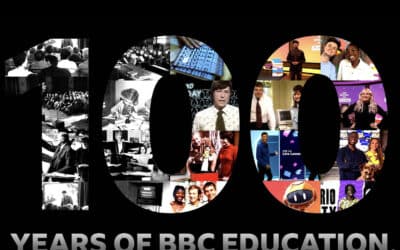Ahead of the 50th anniversary of the assassination of President John F Kennedy in Dallas, an academic from the University of Manchester says that the reason it remains such a talked about subject is because of the film and audio recordings.
“The famous Abraham Zapruder film, the witnesses in Dealey Plaza, the photographs and sound recordings of the day, all show the truth of the event; just not to the liking or satisfaction of many. They show an open-top motorcade, three shots (if not four), panic, disbelief and the death of a political leader. But they also show history caught in the web of art,” said film historian, Dr Ian Scott.
He explained that unlike the deaths of previous Presidents, JFK has never brought closure and this, he believes is down to this event being filmed.
 Paul Giamatti stars in Parkland
Paul Giamatti stars in Parkland
“Film had already become the international language of the time by Kennedy’s death and no leader had adapted to its demands as well as he had. But film is forever malleable, open to interpretation and conjecture. More than that, film, as John F. Kennedy and the last century taught us, became history,” added Dr Scott.
“And news reports, and documentaries commemorating the assassination of JFK are set to dominate the small and big screen. Where Were You? will air on NBC on the 22nd, The Day Kennedy Died on ITV on Nov 14. A new film, Parkland, focuses upon those unforgettable events at the memorial hospital of the title, where the motorcade carrying the president went to immediately after the shooting. Parkland is a natural successor to Oliver Stone’s piercing JFK from 22 years ago.
“Recording JFK has thus become an immersive pastime: immediate, scholarly, recreational and cinematic, sometimes all at the same time. If Parkland has a worthy spirit, it is encapsulated in its steadfast refusal to be bowled over by the iconic presence of Zapruder’s 26.6 seconds of history.”
“Instead, through Paul Giamatti’s outstanding performance as the draper who recorded arguably the 20th Century’s most timeless and recurrent moment, it makes us live with his, and thus our own, responsibilities to the documenting and preservation of history. The film never lets us see the film outright, only in the reflection of other people’s lenses and reaction. Secret service agents prophetically keep saying to Zapruder as they watch that he’s “got it all, the whole thing” only for Giamatti’s face to reveal to us his own realisation of what we’ve subsequently spent fifty years acknowledging: he hasn’t got it all, it isn’t conclusive, it won’t bring closure, justice or understanding; only pain.”
Dr Ian Scott is a senior lecturer in American Studies, with research interests in the representations of politics and political institutions on film.











